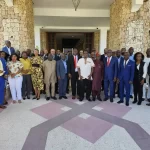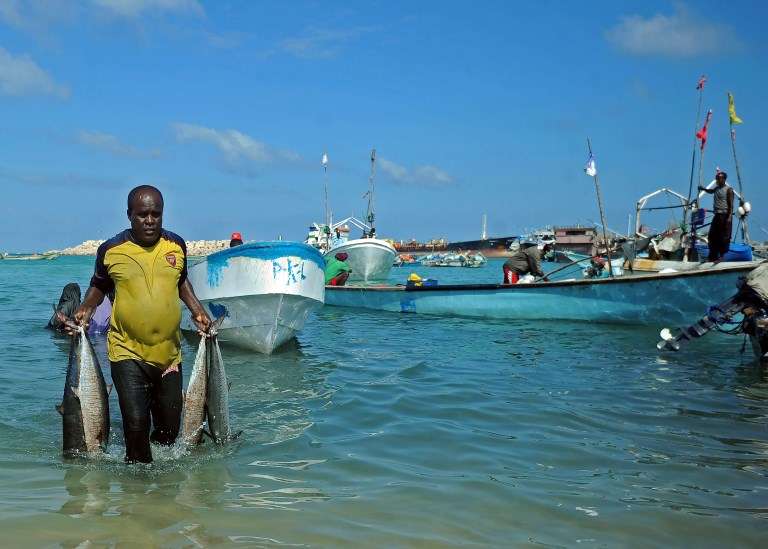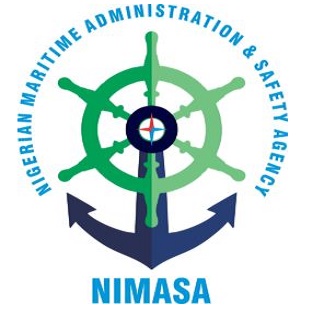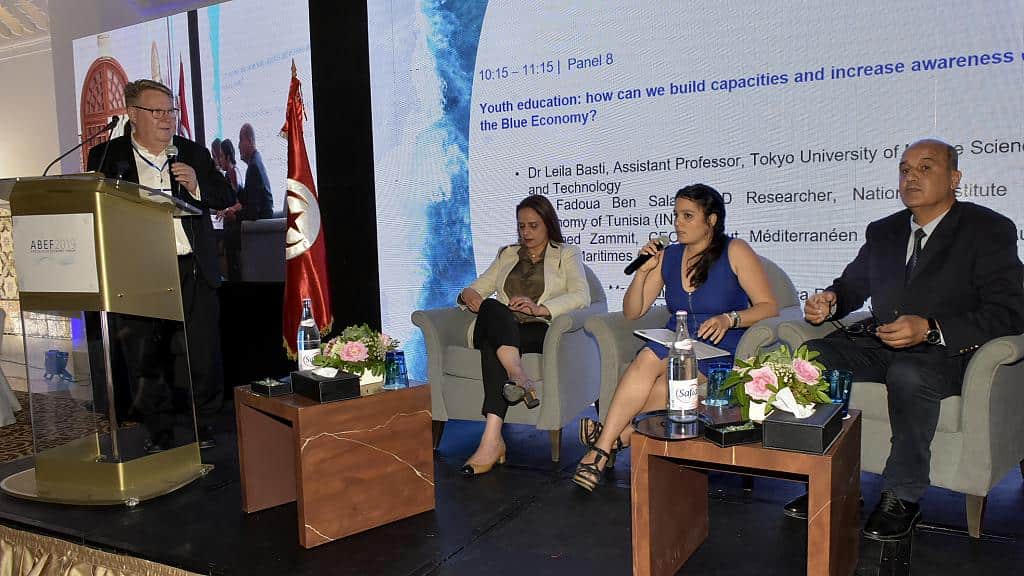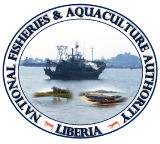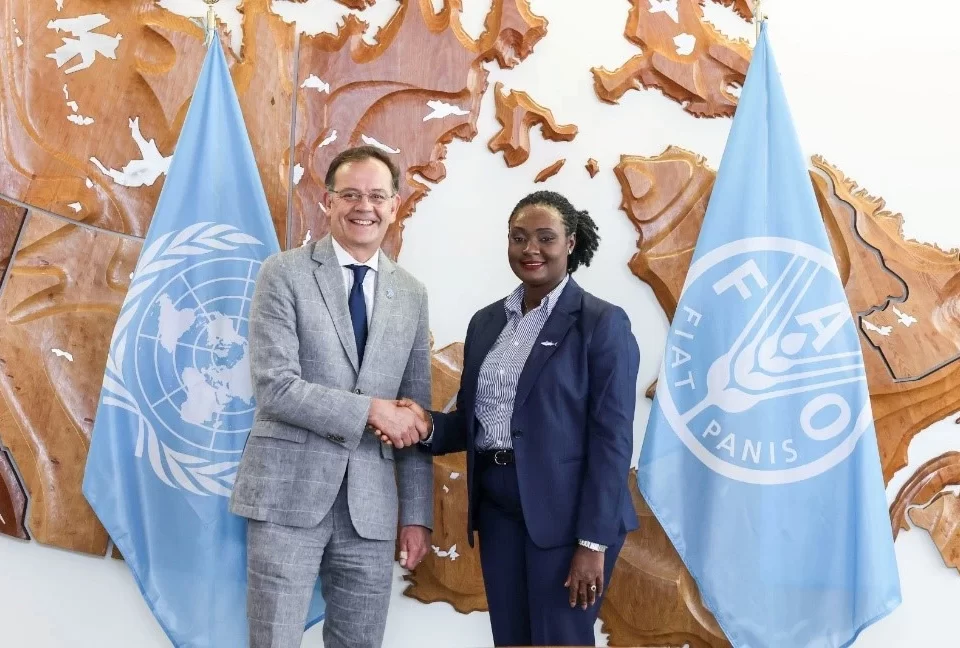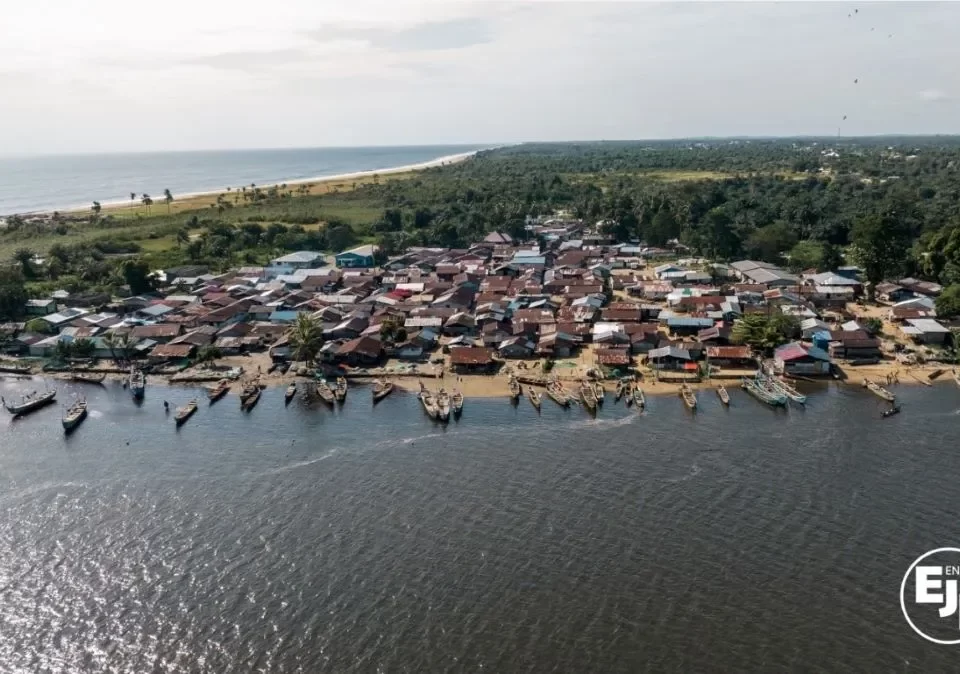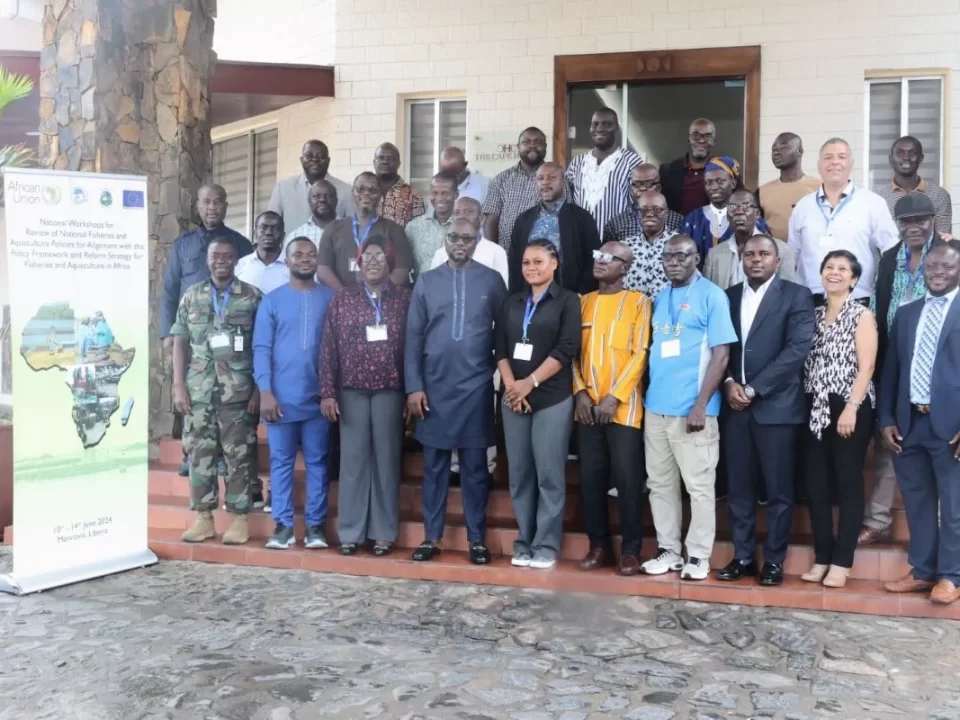
Yaounde — The UN Economic Commission for Africa (ECA) has reiterated its “availability and commitment” to work with the Republic of Sao Tome and Principe on taking advantage of its Blue Economy endowments to capitalize on the African Continental Free Trade Area (AfCFTA).
Antonio Pedro, Director of the Subregional Office for Central Africa of ECA gave the assurances during a recent AfCFTA roadshow held in the country’s capital – Sao Tome – to inform and sensitize major actors of the island on the opportunities offered by the AfCFTA when it becomes operational in July and the steps Sao Tome should take to make the most of it.
“We are ready to support the Government in its vision of making Sao Tome and Principe a continental reference with regard to the blue economy, given its geographical location in the Atlantic Ocean,” said Pedro to some 40 participants drawn from the small island nation’s Ministry of Tourism, Culture, Trade and Industry; its Ministry of Planning, Finance and Blue Economy; its Ministry of Foreign Affairs, Cooperation and Communities; its Ministry of Agriculture, Fisheries and Rural Development; Members of Parliament, and private sector leaders.
“Your services and fisheries sector can be the backbone of the structural transformation of your country. This will require focused investments to build the industry, improvements in quality assurance and standardization, more depth in the value chain and alignment of youth training policy with the country’s development needs,” the ECA official, noted.
Against this backdrop, he said ECA would be available to facilitate the sharing of experiences and the signing of South-South partnerships with other countries having the characteristics of Sao Tome and Principe, such as Mauritius or Seychelles, which are leading in rolling out the Blue Economy strategies of the African Union.
Pedro recalled that the potential of Sao Tome and Principe in the development of a Blue Economy was already well established as the Subregional Office for Central Africa of ECA highlighted in its 2017 country profile on the island state, released last year.
In a policy handbook published in 2016, ECA defines the Blue Economy as the resources of the aquatic and marine ecosystems including oceans, seas, coasts, lakes, rivers, and underground water linked to productive sectors such as fisheries, aquaculture, tourism, transport, shipbuilding, energy production, bioprospecting, and underwater mining and related activities.
The Commission has argued that the Blue Economy can play a major role in Africa’s structural transformation via the sustainable use, management and conservation of aquatic and marine ecosystems and associated resources and an optimal linkage of these with other sectors.
This includes making use of its over 1,000 square kilometers of land and an exclusive marine economic zone of more than 160,000 square kilometers, to drastically improve its fisheries and aquaculture sector (which contributed only 3% to the country’s GDP in 2015).
Shipping and offshore free-trade zones, eco-tourism and biodiversity, fossil and renewable marine energy, pharmaceutical and cosmetic industries, genetic resources and marine products more generally and the blue carbon market, are also in the big picture of products and services which the country can take advantage of to cash-in on the AfCFTA.
For all these reasons, the Government of Sao Tome and Principe, represented by its Minister of Tourism, Culture, Trade and Industry – Ms. Maria de la Graça Lavres – who chaired the proceedings of the AfCFTA roadshow, was called upon to move ahead with the ratification of the trade agreement and spread the campaign’s messages to all governmental and private sector stakeholders.
A good place to start, it was recommended, was by ensuring that the National Committee for the implementation of the AfCFTA agreement goes to work immediately.
Meanwhile, the authorities in Sao Tome requested the Subregional Office for Central Africa of ECA and the ECCAS Secretariat to conduct a study on high-potential service sectors to inform the formulation of the national AfCFTA strategy.
ECA has been multiplying the campaign for Central African countries to ratify and prepare national AfCFTA strategies. All ECCAS countries have signed the agreement but only Chand, the Republic of Congo and Rwanda have ratified it, this far.
African countries party to the AfCFTA Agreement, commit to eliminate tariffs on 90% of the goods they produce destined for other African markets. In this context, intra-African trade is likely to increase by 52.3% by 2020 and attract to Sao Tome and Principe, investments and opportunities, especially in sectors of the blue economy.
Media Contact
Abel Akara Ticha – Communication Officer
UN Economic Commission for Africa
No 637 Rue 3.069, Quartier du Lac, Yaounde
Tel: 237 222504348
Email: akara@un.org
Source: https://allafrica.com/stories/201905070667.html
 Yaounde — The UN Economic Commission for Africa (ECA) has reiterated its “availability and commitment” to work with the Republic of Sao Tome and Principe on taking advantage of its Blue Economy endowments to capitalize on the African Continental Free Trade Area (AfCFTA).
Yaounde — The UN Economic Commission for Africa (ECA) has reiterated its “availability and commitment” to work with the Republic of Sao Tome and Principe on taking advantage of its Blue Economy endowments to capitalize on the African Continental Free Trade Area (AfCFTA).
 Yaounde — The UN Economic Commission for Africa (ECA) has reiterated its “availability and commitment” to work with the Republic of Sao Tome and Principe on taking advantage of its Blue Economy endowments to capitalize on the African Continental Free Trade Area (AfCFTA).
Yaounde — The UN Economic Commission for Africa (ECA) has reiterated its “availability and commitment” to work with the Republic of Sao Tome and Principe on taking advantage of its Blue Economy endowments to capitalize on the African Continental Free Trade Area (AfCFTA).

